
8 Best Bitcoin Wallets of 2023 for BTC Investors

Cryptocurrencies like Bitcoin have gained immense popularity in recent years, and with that popularity comes the need for secure and convenient ways to store and manage these digital assets. That's where Bitcoin wallets come in.
This article will explore the best Bitcoin wallets available in 2023, providing the information you need to make an informed decision.
What is a Bitcoin Wallet?
A Bitcoin wallet is a digital storage solution that allows you to securely store, send, and receive Bitcoin and other cryptocurrencies.
It consists of a pair of cryptographic keys: a public key, which serves as your wallet address and allows others to send Bitcoin to you, and a private key, which grants you access to your funds and authorizes transactions.
While your Bitcoin is stored in the blockchain, the wallet is simply a tool to manage and access your funds.
Types of Bitcoin Wallets
Many types of Bitcoin wallets are available, each with advantages and considerations. Let's explore the most common types:
Hot Wallets
Hot wallets are connected to the internet, allowing easy access to your cryptocurrencies. They come in various forms, including web, desktop, and mobile wallets.
Hot wallets are convenient for those who need frequent access to their funds but are generally considered less secure than cold wallets.
Cold Wallets
Cold wallets are offline storage solutions that offer higher security for your Bitcoin. They are typically hardware wallets or paper wallets. Cold wallets are ideal for long-term storage and for those who prioritize safety.
Hardware Wallets
Hardware wallets are physical devices that store your private keys offline. They are often in the form of USB devices and offer enhanced security features. Hardware wallets are considered one of the most secure options for storing Bitcoin.
Paper Wallets
Paper wallets are physical documents that contain your private and public keys. They are typically printed as QR codes and offer high security since they are stored offline. Paper wallets are a cost-effective option for long-term storage.
Choosing the Best Bitcoin Wallet for Your Needs
When choosing a Bitcoin wallet, it's essential to consider factors such as security, ease of use, supported cryptocurrencies, and your preferences. Here are some things to keep in mind:
Security: Look for wallets prioritizing security features such as two-factor authentication, encryption, and seed phrase backups. Cold wallets generally offer the highest level of protection.
Ease of Use: Consider your level of technical expertise and choose a wallet with a user-friendly interface and intuitive features. Some crypto wallets are designed for beginners, while others cater to advanced users.
Supported Cryptocurrencies: Ensure that your chosen wallet supports the cryptocurrencies you own or plan to invest in. Different wallets have varying levels of compatibility.
Backup and Recovery: Look for wallets offering backup and recovery options if you lose access to your wallet or get damaged. Seed phrases or private key backups are essential for wallet recovery.
Customer Support: Consider the wallet provider's availability and quality of customer support. It can be vital if you encounter issues or have questions about your wallet.
List of Best Bitcoin Wallets
Now that we understand the different types of Bitcoin wallets and the factors to consider, let's explore the best ones available in 2023.
1. Coinbase Wallet
Coinbase Wallet is a popular choice for both beginners and experienced users. It offers a user-friendly interface and seamless integration with the Coinbase cryptocurrency exchange.
As a non-custodial wallet, users have complete control over their private keys and are not reliant on the exchange for security.
One of the critical features of Coinbase Wallet is its support for multiple cryptocurrencies. It allows users to manage and exchange their assets easily within the wallet.
The wallet also includes security features such as biometric authentication and a seed phrase for account recovery.
Coinbase Wallet is available on both desktop and mobile devices, making it convenient for users to manage their assets on the go.
While the wallet is free, transaction fees may apply when sending or receiving cryptocurrencies.
2. Trust Wallet
Trust Wallet is a mobile-first wallet that supports over 40 blockchains and thousands of tokens. It is known for its user-friendly interface and advanced features, such as a built-in decentralized exchange (DEX) that allows users to trade tokens directly within the wallet.
Trust Wallet is acquired by the popular cryptocurrency exchange Binance and offers high security and privacy.
It includes features such as a seed phrase for account recovery and support for hardware wallets. Trust Wallet is available for iOS and Android devices and is free to use, although transaction fees may apply.
3. Trezor
Trezor is a leading hardware wallet provider offering secure offline cryptocurrency storage. It supports over 1,000 cryptocurrencies and provides advanced security features, making it an ideal choice for those who prioritize the safety of their digital assets.
Trezor wallets are physical devices that store private keys offline, ensuring protection against hacks and cyber attacks. The wallets include two-factor authentication, encrypted backups, multiple wallets, and account support.
The Trezor Model T and Trezor One are the two models Trezor offers. They are compatible with various cryptocurrencies and provide a user-friendly asset management interface.
While the upfront cost may be higher than other wallet options, the long-term security benefits make it a worthwhile investment.
4. Ledger
Ledger is another reputable hardware wallet provider offering secure offline cryptocurrency storage. The Ledger Nano X and Ledger Nano S are the two models that support over 1,800 cryptocurrencies.
Like Trezor, Ledger wallets provide a high level of security through offline storage and advanced security features. They include a user-friendly interface called Ledger Live, which allows users to manage their assets and perform transactions.
Ledger wallets are compatible with various third-party wallets and services, providing flexibility for users.
While the initial cost of a Ledger wallet may be a consideration, its enhanced security and peace of mind make it a popular choice among cryptocurrency enthusiasts.
5. Exodus
Exodus is a user-friendly desktop and mobile wallet that supports over 130 cryptocurrencies. It offers a sleek design and intuitive interface, making it accessible to beginners and experienced users.
One of the standout features of Exodus is its built-in exchange, which allows users to trade assets directly within the wallet. It also provides features such as customizable transaction fees and support for hardware wallets.
Exodus emphasizes security with features like a seed phrase for account recovery and encrypted private keys stored on the user's device.
Exodus is free, though transaction fees may apply when sending or receiving cryptocurrencies. The wallet also offers 24/7 customer support, providing users with assistance when needed.
6. Mycelium
Mycelium is a mobile wallet geared towards advanced users. It primarily focuses on Bitcoin and Ethereum and offers features like hardware wallet integration, multiple account support, and watch-only addresses.
Mycelium has a long history in cryptocurrency and is known for its security and technical features. The wallet stores private keys on the user's device and protects them with a PIN code.
While Mycelium may not be as user-friendly as some other wallets, it is a popular choice among those with a deep understanding of cryptocurrencies.
Mycelium is available for both iOS and Android devices and is free to use. Transaction fees may apply when sending or receiving cryptocurrencies.
7. ZenGo
ZenGo is an innovative mobile wallet offering a unique wallet security approach. It eliminates the need for a seed phrase or private key, relying instead on biometric authentication and a unique cryptographic protocol for account recovery.
ZenGo is known for its user-friendly interface and support for multiple cryptocurrencies. It offers a secure and convenient way to manage crypto assets, minimizing the risk of losing access to funds due to misplaced or forgotten seed phrases.
ZenGo is available for both iOS and Android devices and is free to use. Transaction fees may apply when sending or receiving cryptocurrencies.
8. Crypto.com DeFi Wallet
Crypto.com DeFi Wallet is a hot wallet designed for users prioritizing security and versatility. It incorporates two-factor authentication for enhanced security and supports over 500 tokens and coins.
As part of the broader Crypto.com ecosystem, this wallet offers a user-friendly interface and diverse support for crypto coins and ERC-20 tokens. It includes features such as crypto staking, allowing users to earn rewards on their assets.
Crypto.com DeFi Wallet is available for both iOS and Android devices and is free to use. Transaction fees may apply for trading and transferring cryptocurrencies within the network.
Conclusion
Choosing the right Bitcoin wallet is crucial for securely managing your cryptocurrency assets. Whether you prefer a hot wallet's convenience or a cold wallet's enhanced security, plenty of options are available to suit your needs.
Consider security, ease of use, supported cryptocurrencies, and your preferences when selecting a wallet. The wallets mentioned in this article represent some of the best options available in 2023, each with its features and advantages.
Remember, it's crucial to prioritize the security of your Bitcoin and other cryptocurrencies. Keep your private keys and seed phrases secure, and avoid sharing them with anyone.
With the right Bitcoin wallet, you can confidently manage your cryptocurrency assets and take advantage of the exciting opportunities offered by the world of digital currencies.
Disclaimer
The information provided on this website does not constitute investment advice, financial advice, trading advice, or any other advice, and you should not treat any of the website's content as such.
Token Metrics does not recommend buying, selling, or holding any cryptocurrency. Conduct your due diligence and consult your financial advisor before making investment decisions.

.svg)

Create Your Free Token Metrics Account

.png)




%201.svg)
%201.svg)


%201.svg)




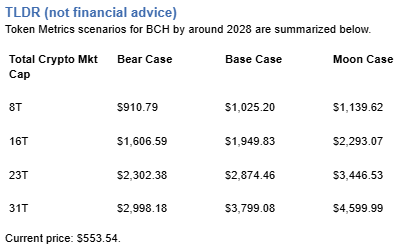
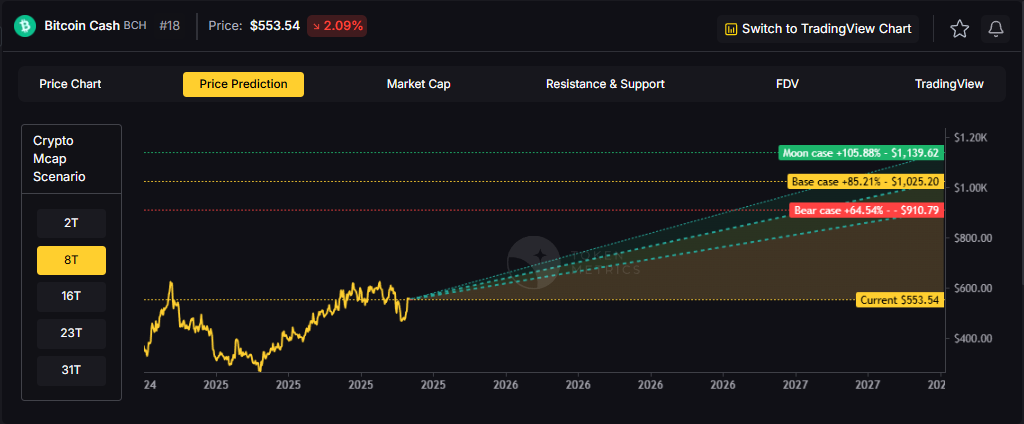


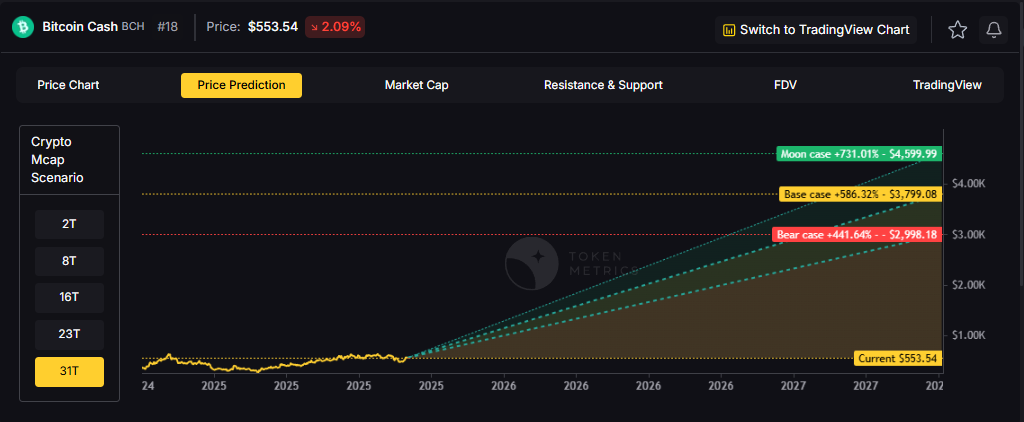
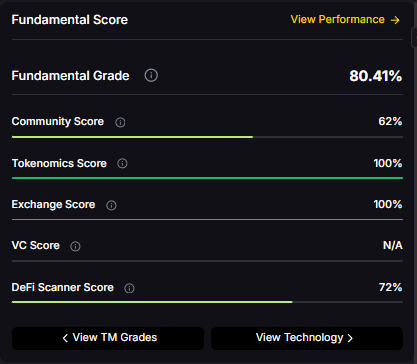


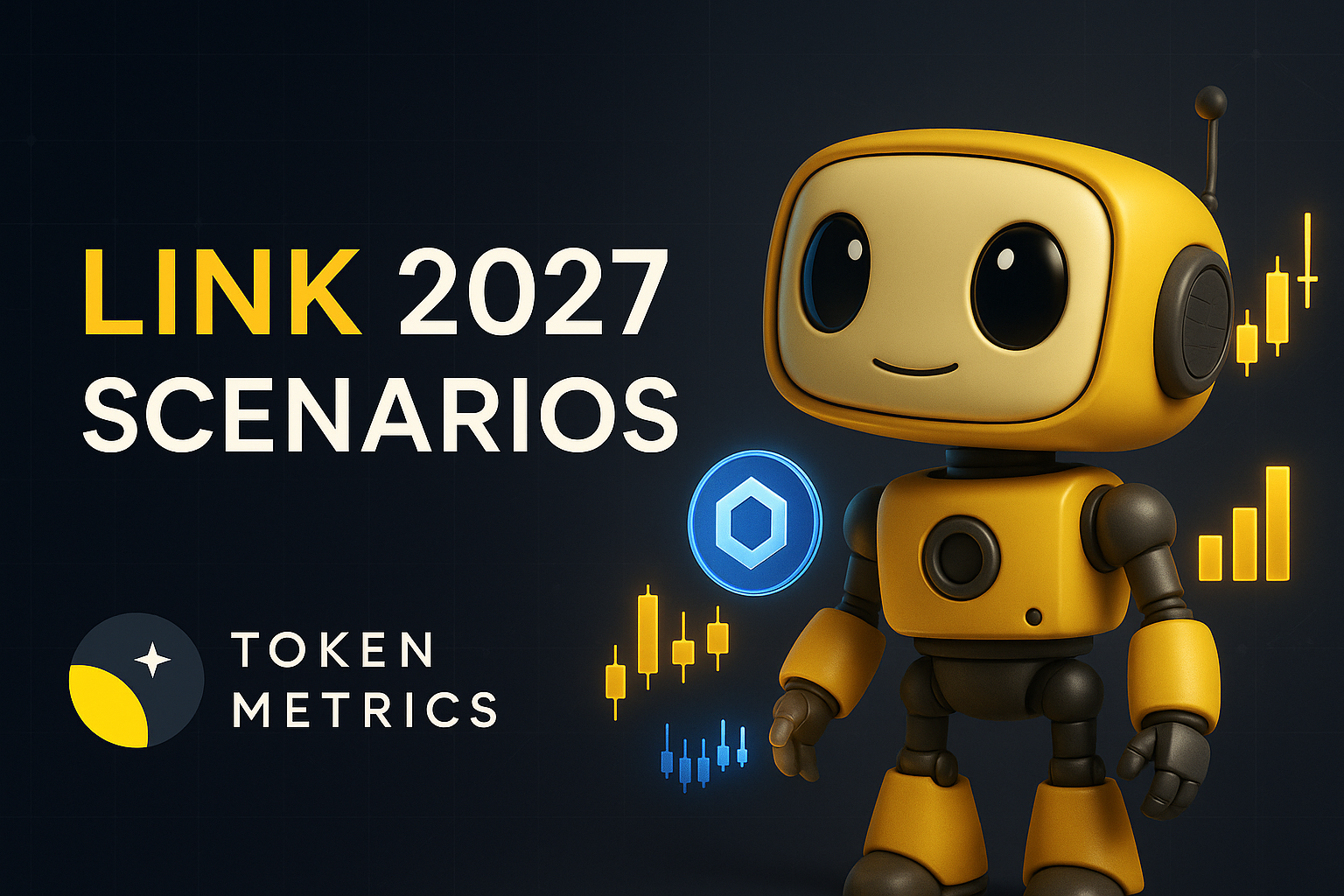

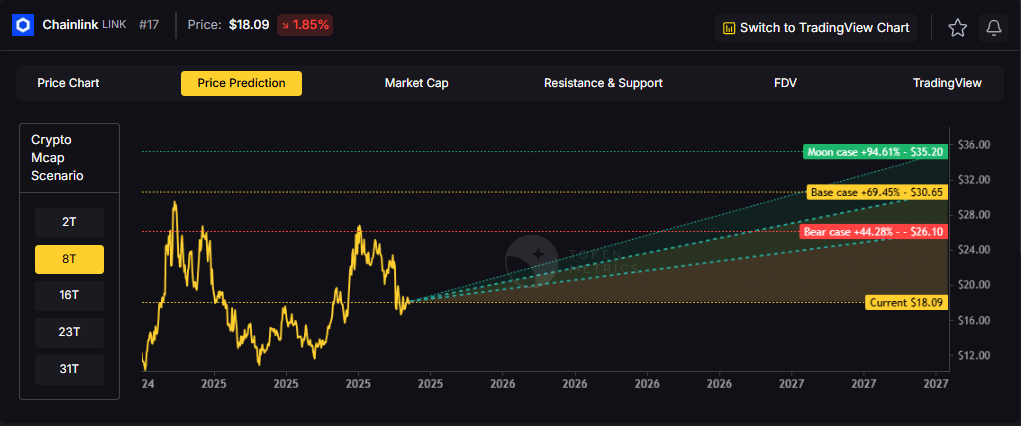
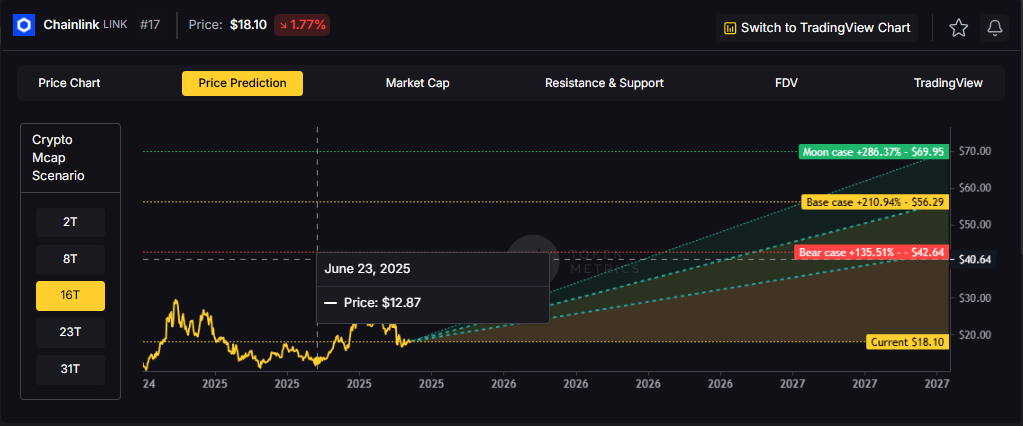
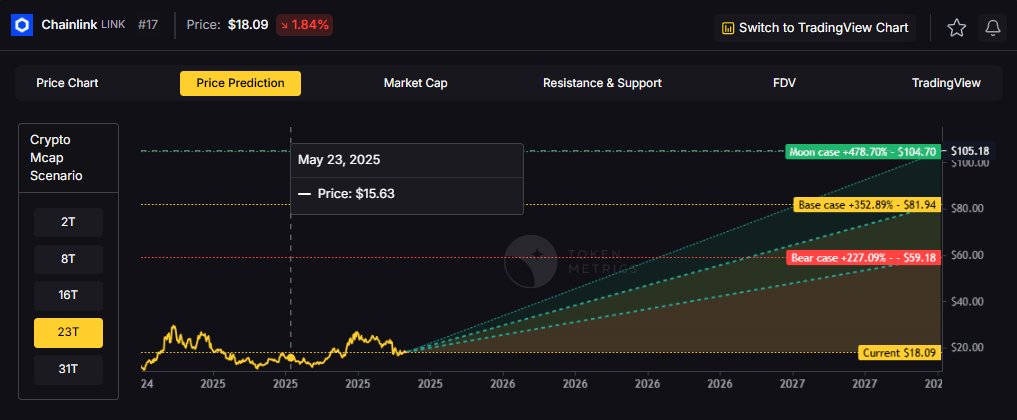
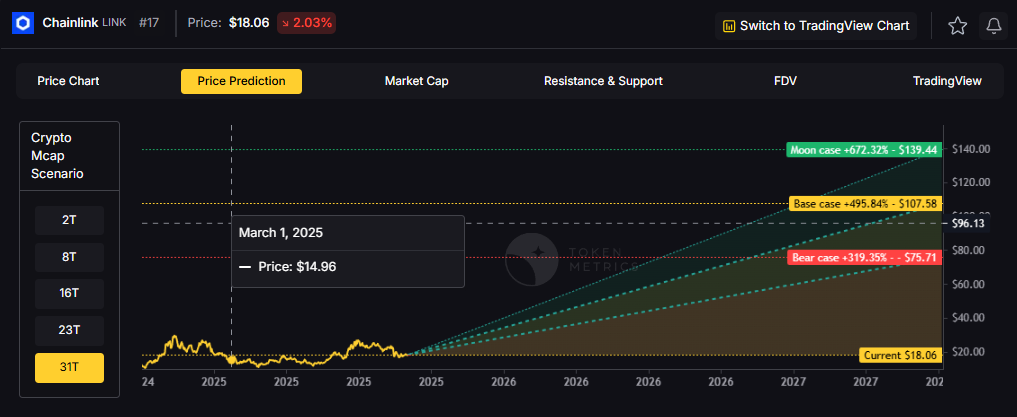
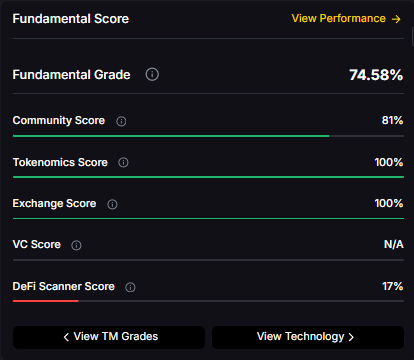



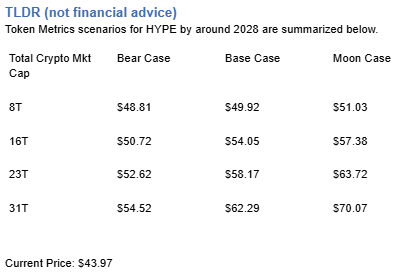
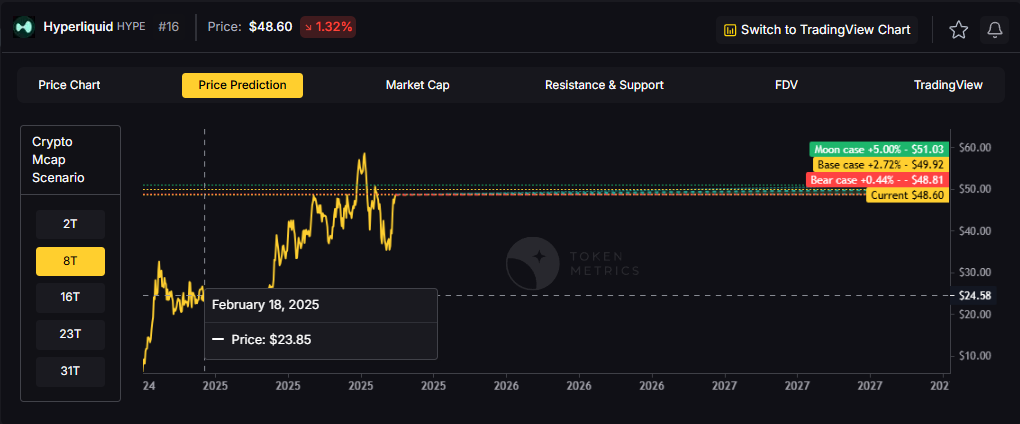


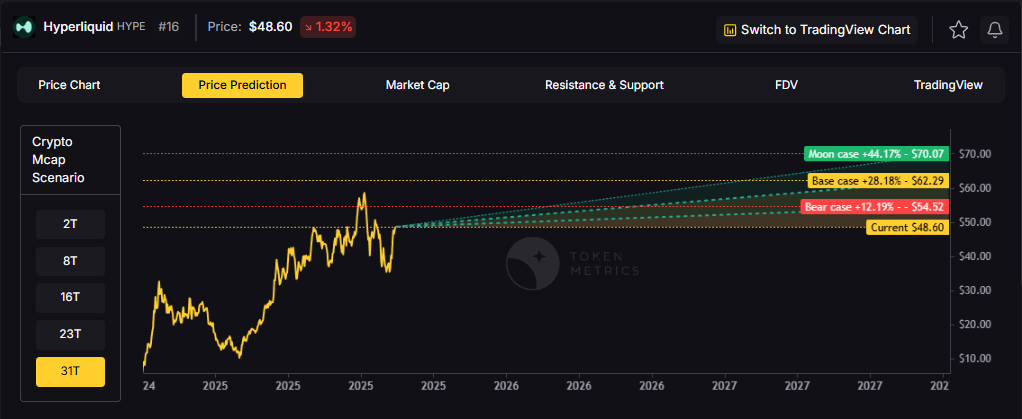




.svg)




.png)